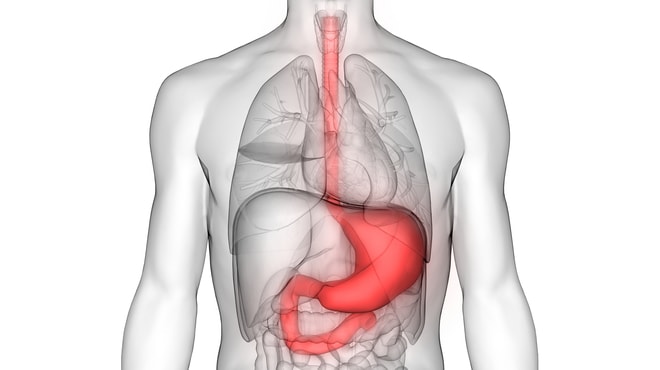Chemotherapy uses anticancer or cytotoxic drugs to destroy stomach cancer cells. The drugs circulate throughout the body in the bloodstream.


When you have it
You usually have chemotherapy every 3 weeks. Each 3 week period is called a cycle. You may have between 3 and 6 cycles of chemotherapy.
Before surgery
You’re likely to have chemotherapy before surgery if your doctor is recommending an operation to try to cure the cancer. This is called neo adjuvant treatment. It aims to:
- reduce the size of the cancer so it’s easier for the surgeon to remove
- lower the risk of the cancer coming back
Before and after surgery
You may have chemotherapy before and after surgery (peri-operative chemotherapy).
Having chemotherapy after surgery might reduce the chances of your cancer coming back
Advanced cancer
You may also have chemotherapy if you have advanced stomach cancer.
Types of chemotherapy
Usually you have a combination of 2 or 3 drugs (in a regimen). The most common types are:
- epirubicin, cisplatin and capecitabine (ECX)
- epirubicin, cisplatin and fluorouracil (ECF)
- fluorouracil, folinic acid, oxaliplatin and docetaxel (FLOT)
Some other common combinations are:
- epirubicin, oxaliplatin and capecitabine (EOX)
- epirubicin, oxaliplatin and fluorouracil (EOF)
- oxaliplatin, fluorouracil, and folinic acid (FOLFOX)
Read more on drugs used in the treatment of stomach cancer
How chemotherapy is administered
Most of these drugs enter the bloodstream through a drip into your arm. A nurse puts a small tube into one of the patient’s veins and connects the drip to it. If the patient needs a central line, a long plastic tube induces the drugs into a large vein, either in the chest or through a vein in the arm. This equipment stays for a few months until treatment is finished.
Read more on side effects of chemotherapy for stomach cancer
Where you have chemotherapy
Usually treatment is given in the bloodstream at the cancer clinic or an outpatient practice in a hospital. It is possible that the patient is advised different types of chemotherapy over several days. They might be able to have some drugs through a small portable pump that the patient takes home. For some types of chemotherapy they have to stay in a hospital ward. This could be overnight or for a couple of days.
